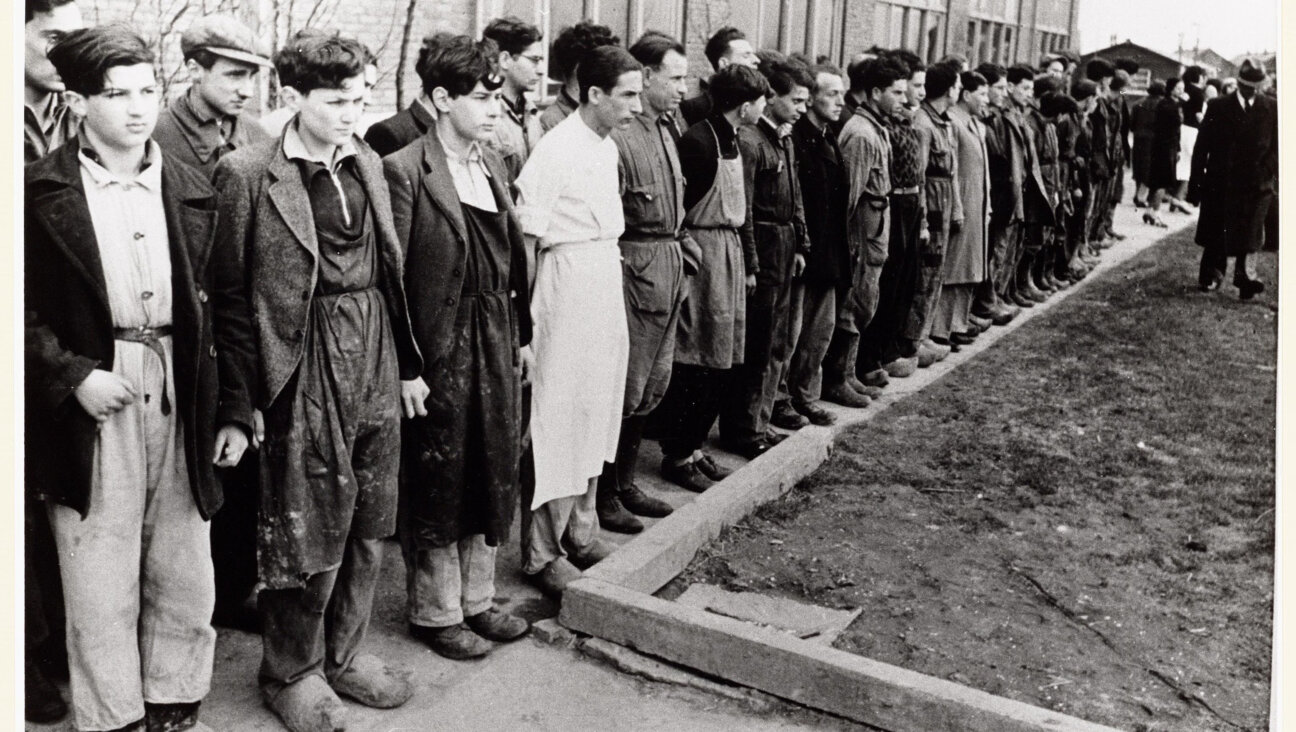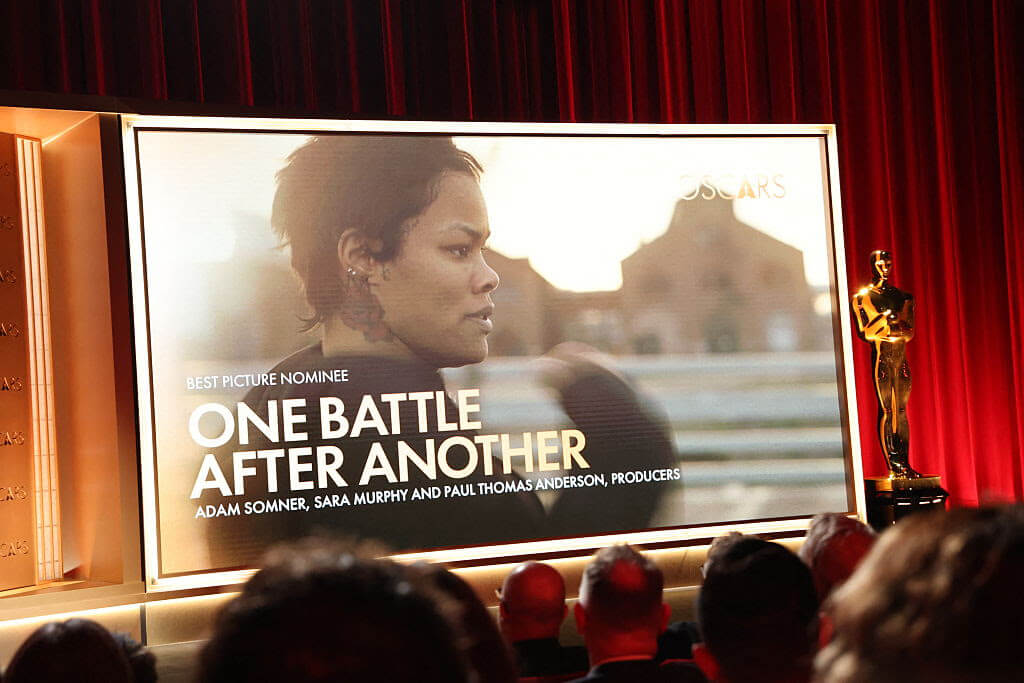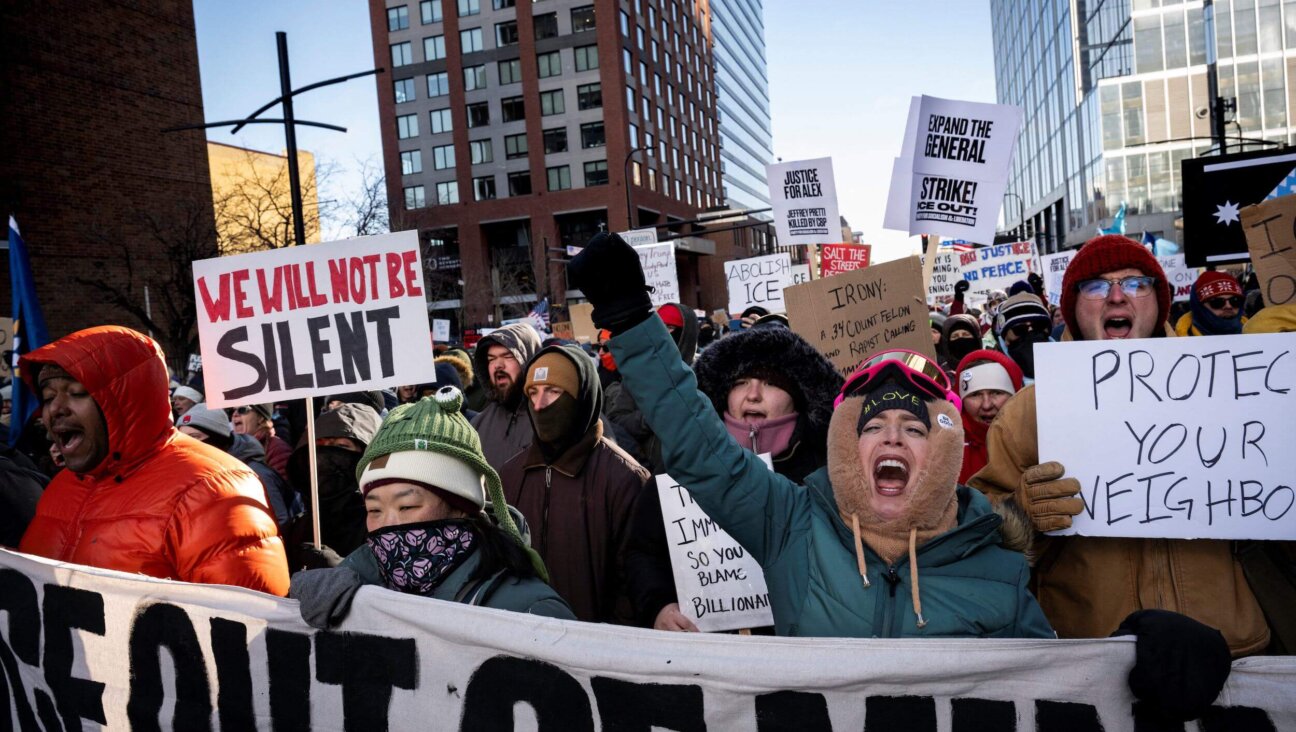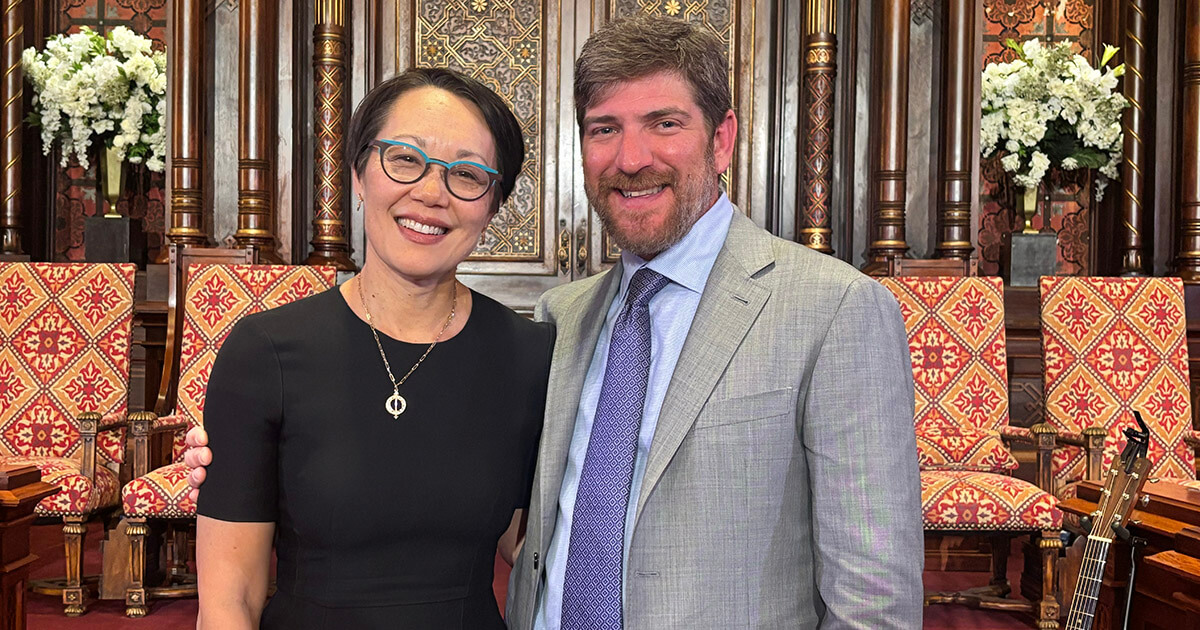Holtzman, Ginsberg and Epstein Back at Bat
For two days in the waning baseball season, the lineup in Cooperstown, N.Y., will feature Holtzman on the mound, Ginsberg behind the plate and Epstein at first base.
On August 29 and 30, the National Baseball Hall of Fame, in conjunction with Jewish Major Leaguers, Inc., and the American Jewish Historical Society, will offer a program titled, “A Celebration of 143 American Jews in the National Pastime, 1871-2004.” Writers, historians and former major leaguers — including Ken Holtzman, Joe Ginsberg and Mike Epstein — will convene in Cooperstown to explore topics ranging from Jews and the 1903 World Series to the link between baseball and ethnic heritage.
“If you talk to the Jewish baseball fan in the street, you only will come up with the names of a few Jewish players — [Sandy] Koufax, [Hank] Greenberg and Moe Berg,” explained Martin Abramowitz, president of Jewish Major Leaguers, Inc. “Fans have been surprised that there have been 143 [Jewish] players.”
Verifying that major leaguers are Jewish, however, can be dicey. A case in point is Hall of Famer Lou Boudreau. According to Abramowitz, his mother was Jewish but, after his parents separated, Boudreau was raised by his father as a Christian. “In his later years, he vehemently denied having a Jewish identity,” Abramowitz said.
What is certain is that the first Jewish big leaguers are Nate Berkenstock, an outfielder who played in one game for Philadelphia in 1871, going hitless in four at-bats, and Lip Pike, an outfielder-infielder who debuted that year and played in 425 games during 10 seasons, hitting .321.
This disparity mirrors the range of Jewish major leaguers. Some sparkled: Philadelphia Phillies hurler Erskine Mayer won 21 games during both the 1914 and 1915 seasons; infielder Buddy Myer hit .303, primarily for the Washington Senators, during a 17-year career that began in 1925; in 13 seasons in the 1940s and 1950s, Sid Gordon hit .283 mostly shagging flies for the New York Giants and Boston/Milwaukee Braves; relief pitcher Larry Sherry was an out-of-nowhere World Series hero for the 1959 Los Angeles Dodgers, and currently, Shawn Green, whose family name originally was Greenberg, is a marquee Dodgers outfielder.
But others didn’t fare as well. Jesse Baker and Joe Bennett are the Moonlight Grahams of Jewish ballplayers. Shortstop Baker (born Michael Myron Silverman) and third-baseman Bennett (born Joseph Rosenblum Bennett) played in single games, for the 1919 Washington Senators and 1923 Philadelphia Phillies, respectively. Both had zero hits in zero at-bats.
“There’s not a disproportionate number of Jewish one-game wonders,” Abramowitz added. “I would say the experience of Jewish players mirrors the performance of all ballplayers.”
For young Jews, however, baseball is more than statistics. Playing ball has been a conduit for blending into the American mainstream. A one-sentence summation of the life of Izzy Goldstein reflects the American-Jewish experience: He was born in 1908 in Odessa, pitched in 16 games for the 1932 Detroit Tigers and died in 1993 in Delray Beach, Fla.
Other Jewish ballplayers are noteworthy for a range of off-field reasons. Perhaps the most eminent are Moe Berg, the “catcher who was a spy,” and Ron Blomberg, who in 1973 was the American League’s first designated hitter. But how many know that Greg Goossen, an early New York Met, has appeared in feature-length films since the late 1980s and often is Gene Hackman’s stand-in? There also was Mose Solomon, nicknamed “The Rabbi of Swat,” who sports a .375 lifetime batting average. Only problem is, Solomon’s .375 translates into three hits in eight at-bats, all for the 1923 New York Giants. And Bill “Lefty” Cristall, who pitched in six games for the 1901 Cleveland Blues, might intrigue famous New York Yankees fan Billy Crystal.
Rob Edelman is the author of “Great Baseball Films” (1994).














